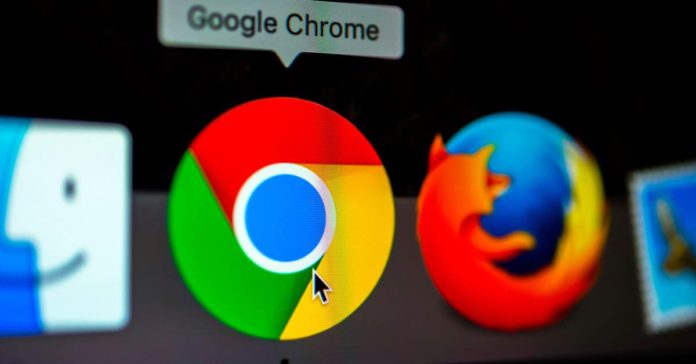Google’s Chrome has long been criticized for consuming more energy and resources. This is because the Chrome browser does a lot of background works to track, which results in draining the battery life quickly. And now, as reported by The Windows Club, Google is experimenting to throttle the background working of webpages to optimize power consumption. This is by limiting the JavaScript wakeups in the background.
Chrome to Consume Less Power Now
The experiment has positive results, as the battery life was extended by 28%, which translates to about 2 hours. This is significant for mobile devices like smartphones and laptops. The in-house researchers started this experiment by opening 36 tabs in the background, and also a blank tab of home. Running this type of setup saves battery time as above.
In the next phase, they’ve trailed by opening 36 tabs in the background with a foreground tab running a YouTube video in full screen. This also resulted fairly, as the battery life extended by 13% which is almost 36 minutes. Yet, these numbers are still behind Apple’s Safari. Even Microsoft’s latest Edge browser deemed better results on power consumption when compared to Chrome.
The experiment is aimed at limiting the JavaScript timers, which reads the user’s webpage actively continuously. While these are partly useful, tabs in the background don’t necessarily need to. Thus, Google focused on limiting the background tabs JavaScript wakeups to 1 per minute, thus reducing the strain on the machine which then takes less power.
Google’s new experiment could benefit mobile users since millions use Chrome everyday. Extending the battery life means using the machine for other purposes without needing to recharge often. This is experimented with Chrome version 86, and possibly be rolling soon to users of Windows, Mac, Android, iOS and Linux.

